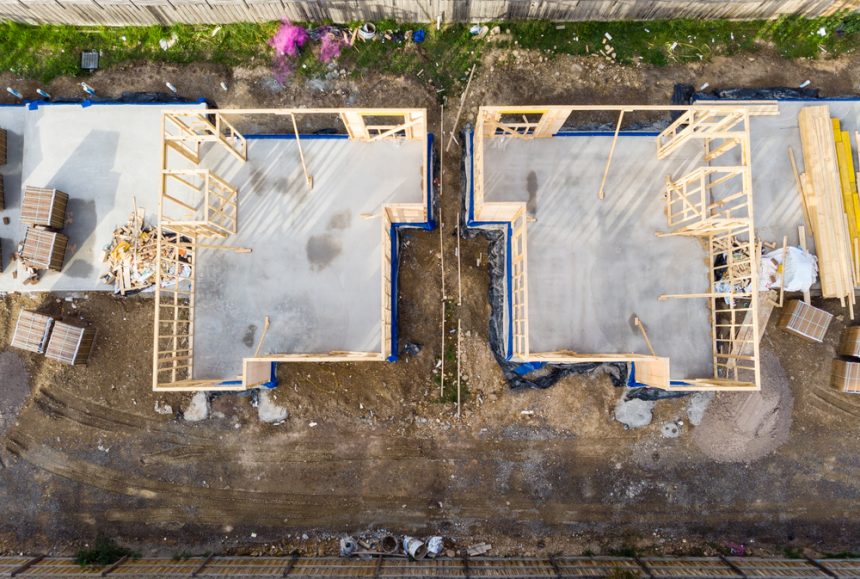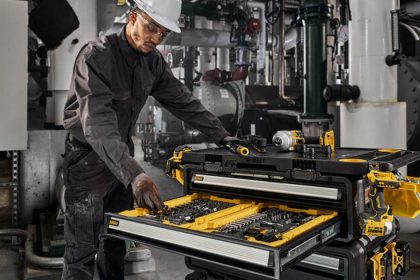Negative gearing and other tax concessions offered to investment property owners are facing an overhaul in an effort to level the playing field for younger homebuyers.
Late last week, the Greens demanded limits on the tax discounts for property investors in exchange for supporting the government’s upcoming “help-to-buy” housing scheme.
Under the scheme, the government will cover up to 40 per cent of a home’s cost and become a co-owner, allowing homebuyers to enter the market with only a 2 per cent deposit and pay that stake back later.
Supporters of the reforms claimed the changes would bring down the cost of housing and remove investor speculation in the housing market, which they argue has pushed prices to unaffordable levels.
However, according to Master Builders CEO Denita Wawn, there’s a reason why proposed changes to Australia’s tax break policies have been quickly dropped in the past.
“Prior to the 2019 election Master Builders had modelled ALP policies to change negative gearing and capital gains tax arrangements,” said Ms Wawn.
“The policies would have seen a fall in the number of homes being built, thousands of job losses and billions of dollars wiped off the value of residential building activity.
“Fast forward to 2024 and we’re now in an even worse economic and housing environment with renters and mortgage holders bearing the brunt of rapid interest rate rises and high inflation.
“Across the whole housing spectrum, the common constraint is supply. In order to put downward pressure on housing inflation and high rents, we need to build more homes.”
We need investors to build more homes
In recent years, negative gearing – which allows losses from an investment property to be deducted from a person’s income tax – has become an infamous policy among younger Aussies who blame it for driving up housing prices and locking them out of the housing market.
But with housing supply already looking to fall well short of the federal government’s 1.2 million target by 2029, Ms Wawn said changing tax concessions would be “taking a sledgehammer to investors, including Mums and Dads beggars’ belief”.
“The Henry Tax Review, Productivity Commission and Reserve Bank of Australia have all said curtailing investor incentives like negative gearing and capital gains tax discounts reduces housing supply rather than improve it,” she said.
“The priority of the federal government should be on ensuring the objectives of the Housing Accord are fulfilled, and our target of building 1.2 million homes is achieved.
“This means doubling down on reducing the cost and time it takes to build, increasing the building and construction workforce, and investing in critical infrastructure to make land “build ready”.”
With the building industry already being hit with interest rate rises and widespread business reforms, Housing Industry Association Managing Director Jocelyn Martin agreed that ‘threats’ to change tax settings would only hurt the already struggling housing pipeline.
“This is all coming together to substantially affect market confidence and is reflected in building activity data which is indicating decade low numbers for future new home construction,” she said
“Building businesses are feeling swamped and heavily weighed down by this constant attack on changing rules and increasing complexity, and at a time when we need more skilled workers, we are seeing more people leave our industry than enter it.
In Ms Martin’s eyes, any changes to the already highly-taxed housing sector would only make a bad situation worse and ultimately result in fewer homes being built.
“Increasing the supply of housing is the key to addressing affordability. This will involve adequate release of land for new dwellings, increasing the density of housing in metropolitan areas, unlocking further land and infrastructure investment in regional areas and supporting investment in new housing,” she said.
“The focus needs to be on how we get more slabs poured that will result in the keys getting in the front doors of buyers’ and indeed renters’ pockets quicker.”







